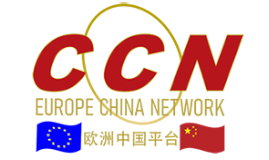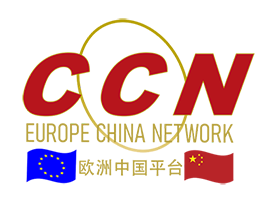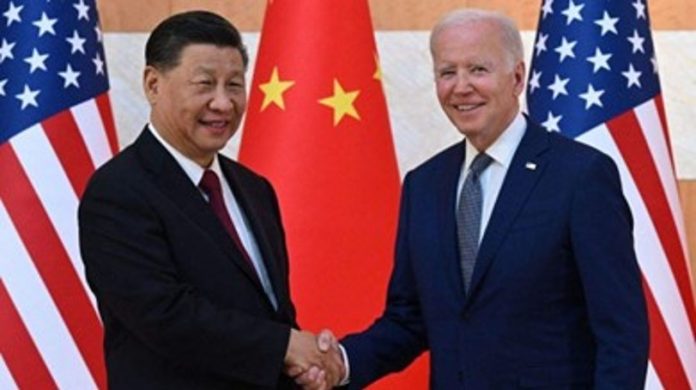
By Chris Michael
“Planet Earth is big enough for the two countries (China and the US) to succeed, and the success of one is also an opportunity for the other,” Chinese President Xi Jinping said last Wednesday ahead of his meeting in California with US President Joe Biden.
The meeting between the two Presidents, which was the first after many months of tense relations between the two superpowers, provided an opportunity to significantly de-escalate the heated verbal confrontation between the two superpowers and to resume military communication between them in order to reduce the risk of miscalculations and missteps, which could have disastrous results and lead to a conflict between them.
The most important outcome of the meeting between the two leaders is that the Chinese leader emphatically stressed to the American side that Beijing has no plans for a massive invasion of Taiwan.
According to a US official who briefed reporters after the Biden-Xi summit, the Chinese President described Taiwan as “the biggest, potentially the most dangerous issue in US-China relations.”
It is noted that more than four times during his presidency, Joe Biden had said that America would defend Taiwan if China moved in that direction, while his staff later retracted such comments.
But several other American officials had also stated that the United States is committed to supporting Taiwan defend itself, and to providing it with weapons, in accordance with the Taiwan Relations Act passed by the Congress.
President Biden said last Thursday that the United States has “real differences with Beijing, but we continue to address them with smart policies and strong diplomacy.”
The two Presidents had their first personal communication in a year in Woodside, California, on the sidelines of an Asia-Pacific Economic Cooperation (APEC) summit aimed at allaying fears that the US and China were sliding towards military conflict in the Indo-Pacific.
It seems that now the Americans are having second thoughts and no longer intend to open new fronts with China, although the Taiwan issue remains open. It should be noted that officially the United States supports the “One China” policy, but behind the scenes, it is doing the opposite.
On the one hand, they do not recognise China’s sovereignty over Taiwan, but at the same time, they do not recognise Taiwan as a sovereign state and consider the status of this country to be undefined.
In recent years, the US Administration has turned its attention from the Middle East to the Indo-Pacific region and in particular to Taiwan, which is located at a critical place within a chain of islands that anchor US allies and partners – and extends from the Japanese archipelago to the Philippines and the South China Sea. They see Taiwan as a hub critical to the security of the region.
“The number one question for us is: Are we adversaries or partners?” asked Xi. “China is ready to become a partner and friend of the United States.”
Biden also said that he and Xi agreed on measures that could help limit the flow of Chinese chemicals used in the production of fentanyl (an opioid drug that contributed heavily to the great opioid crisis in the U.S.) and that the two countries would further discuss the implications of artificial intelligence, including the risks and security issues associated with this emerging technology.
“Our meetings have always been frank and straightforward. We didn’t always agree, but they were always clear,” Biden said. “And today built on work we’ve done over the last several months with high-level diplomacy between our teams.”
But the big question is whether these lofty declarations of intent will translate into action, especially if the Americans will stop undermining and putting obstacles in the relations of other countries with China, and specifically if they will stop trying to disrupt China’s relations with the countries of Europe.
It will be recalled that the Americans expressed to the Australian Government their displeasure with the bilateral economic agreements it had signed with China. They had also tried to draw Europe into a confrontation with China, claiming that China was militarily supporting Russia in the war in Ukraine, and therefore sanctions should be imposed on Beijing.
This attempt seems to have failed because Europe has strong interests in China and has no desire to fall into the American trap, as it happened in the case of Ukraine.
We should bear in mind that the relationship between Washington and Beijing will be crucial for decades to come but, unfortunately, it has deteriorated badly amid a growing threat of military conflict between the world’s two largest economies, which has pushed bilateral relations to their lowest point in half a century.
President Xi appeared to have achieved his own goals: to win concessions on U.S. policy in exchange for promises of cooperation and to ease bilateral tensions- something that would allow him to concentrate his focus on his country’s economic growth and on opportunities to attract foreign investors to China.
As the Financial Times reported ” Xi told an audience of about 300 people: “Modernization for 1.4 billion Chinese is a huge opportunity that China provides to the world. The world needs China and the US to work together for a better future,” he added. “China is ready to become a partner and friend of the United States.”
The Chinese President told business leaders in San Francisco: “The number one question for us is: Are we adversaries or partners?” If the US and China saw each other as rivals, he warned, “it would only lead to misinformed policy-making, misguided actions, and unwanted results.”
The number one question for us is, are we adversaries or partners?” If the US and China saw each other as rivals, he warned, “it will only lead to misinformed policymaking, misguided actions and unwanted results”.
It is worth mentioning that the US President committed a serious diplomatic blunder a few hours after his meeting with the Chinese President when he was asked by a reporter at a press conference whether he still held the view that Xi is a dictator, as he had said in June. Biden replied: “Well, look, he is. I mean, he’s a dictator in the sense that he — he is a guy who runs a country that — it’s a communist country that is based on a form of government totally different than ours.”
The Chinese Foreign Ministry refrained from following up on the issue but described Biden’s statement as ” extremely wrong and irresponsible political manipulation”.
Postscript:
- One of the main reasons why Cyprus is losing credibility among Chinese investors is that some Chinese persons, who present themselves as middlemen, are approaching their wealthy compatriots, convincing them to invest in property in Cyprus while demanding from Cypriot Developers a hefty commission of more than 35% of the value of the investment. Some Cypriot developers are bowing to the demands of these middlemen increasing the selling prices of their properties. At some point the Chinese investors learn the truth and, feeling duped, avoid investing in Cyprus again.
- We have not heard if the meddling Auditor-General has ever investigated how much money the Investment Promotion Agency (CIPA) spends on its numerous, many-member and costly missions it organises abroad and how much investment it has ultimately brought to Cyprus. Why does he not carry out a cost-benefit audit of the activities of this Agency?
- Finally, a question for President Nicos Christodoulides: What really happened to that much-publicised “understanding” on Pyla? Did it have any real outcome or effect? Imagine if a similar “understanding” was reached for the resolution of the Cyprus problem!!





















